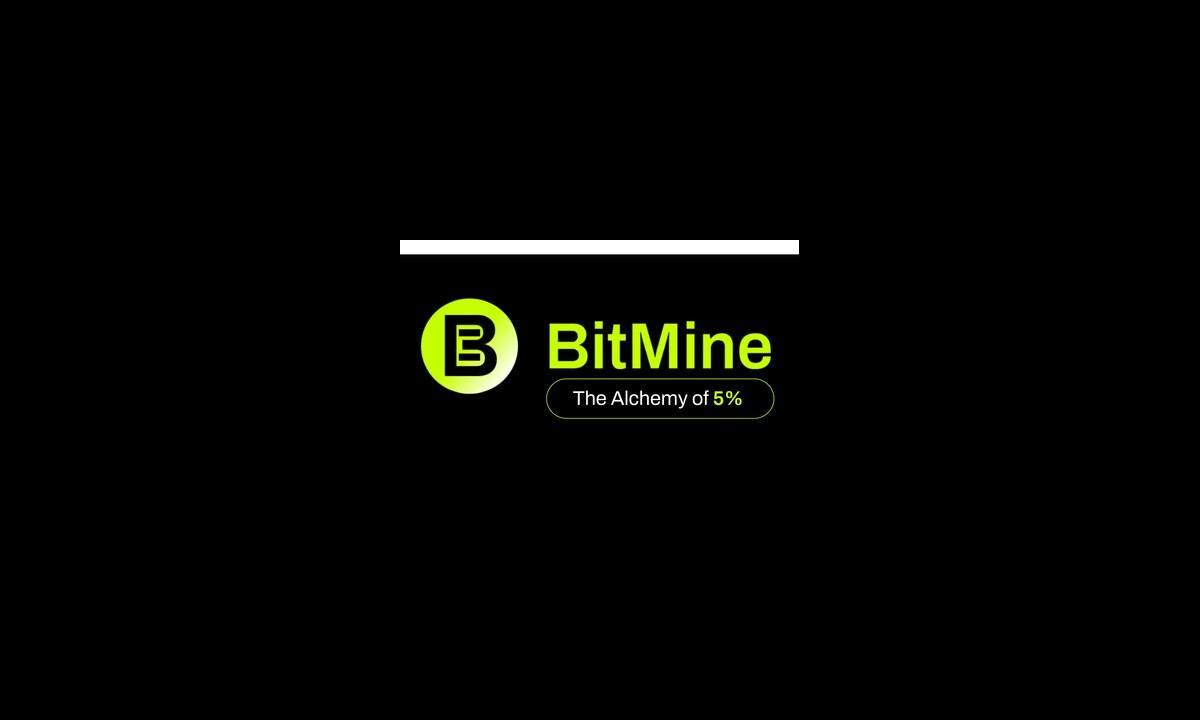According to the European Central Bank (ECB) , it is “extremely unlikely” that the EU will in the future impose restrictions on polluters like fossil-fuel vehicles without simultaneously taking action against Bitcoin.

ECB Condemns Proof-of-Work Blockchains
The European Central Bank is bearish on Bitcoin.
A new ECB research article assessing the climate risks associated with crypto assets has come down hard on blockchains that use Proof-of-Work consensus algorithms—primarily Bitcoin. Published Jul. 12, the report compares energy-intensive Proof-of-Work algorithms to fossil fuel cars while likening Proof-of-Stake, which uses an estimated 99% less energy than Proof-of-Work, to electric vehicles.
“Public authorities have the choice of incentivising the crypto version of the electric vehicle (Proof-of-Stake and its various blockchain consensus mechanisms) or to restrict or ban the crypto version of the fossil fuel car (Proof-of-Work blockchain consensus mechanisms),” the article states.
The paper also makes use of prior statistics to assert that the annual electricity usage of Bitcoin and Ethereum is comparable to that of specific nations, such as Spain, the Netherlands, or Austria, in order to draw attention to concerns over Proof-of-Work energy use. The ECB further claims that the projected reductions in greenhouse gas emissions for the majority of euro area countries as of May 2022 are offset by the current carbon footprints for Bitcoin and Ethereum.
By the end of 2022, Ethereum, the second-largest cryptocurrency by market capitalization, intends to transition from the Proof-of-Work consensus process to the more energy-efficient Proof-of-Stake algorithm. Bitcoin is not likely to follow suit any time soon.
EU will take a hands-off approach to regulating Proof-of-Work crypto

According to the article, it is “extremely improbable” that EU authorities will take a hands-off approach to regulating Proof-of-Work crypto assets like Bitcoin because of the EU’s current carbon reduction ambitions. The European Central Bank (ECB) considers policy steps like disclosure requirements, a carbon tax on cryptocurrency purchases or ownership, and outright mining restrictions to be “likely.” A coordinated political effort to promote greener Proof-of-Stake cryptocurrencies over their energy-intensive equivalents would likely be represented by such steps, which would likely hinder the adoption of Proof-of-Work algorithms.
The paper comes to the conclusion that without also taking action against Proof-of-Work cryptocurrencies, EU authorities are unlikely to move on with plans to limit the use of fossil fuel cars by the target date of 2035. The European Parliament is now debating the Markets in Crypto-assets (MiCA) Regulation, which sets 2025 as the deadline for punitive actions aimed at Proof-of-Work cryptoassets.
The recent report is not the first time EU authorities have considered bans targeting Proof-of-Work blockchains such as Bitcoin. In April, a report published by Netzpolitik revealed that officials considered a ban on Bitcoin trading to curb its use and thus reduce its energy consumption.
Despite the fact that the ECB’s study article is theoretical and does not directly involve legislators, it provides insight into how EU authorities currently feel about various forms of blockchain technology. These reports may also affect future legislative decisions made by the EU Parliament.
DISCLAIMER: The Information on this website is provided as general market commentary and does not constitute investment advice. We encourage you to do your own research before investing.
Join CoinCu Telegram to keep track of news: https://t.me/coincunews
Follow CoinCu Youtube Channel | Follow CoinCu Facebook page
Annie
CoinCu News





















